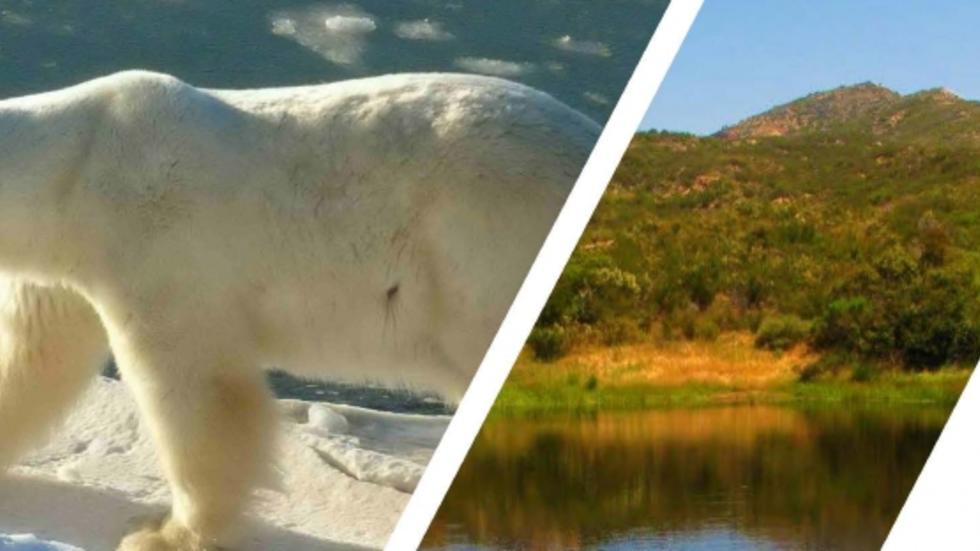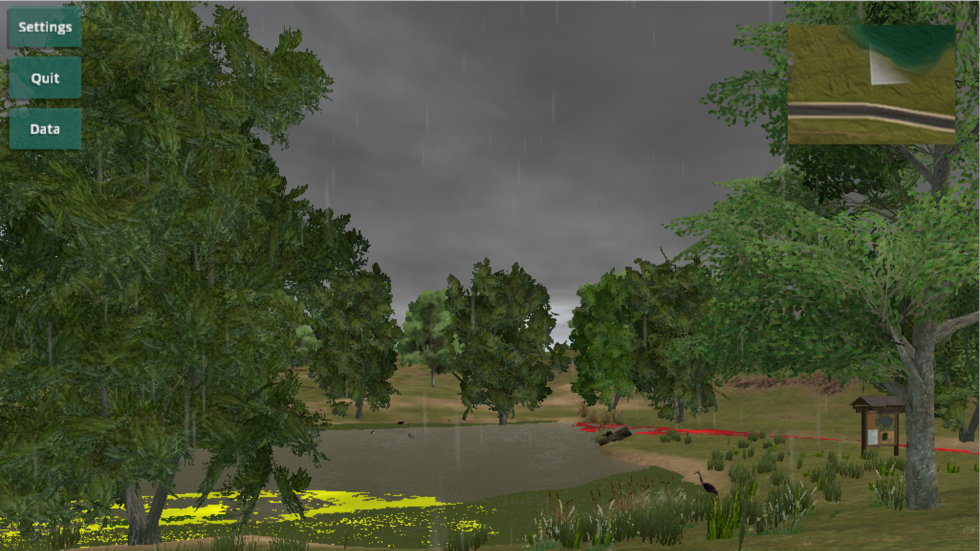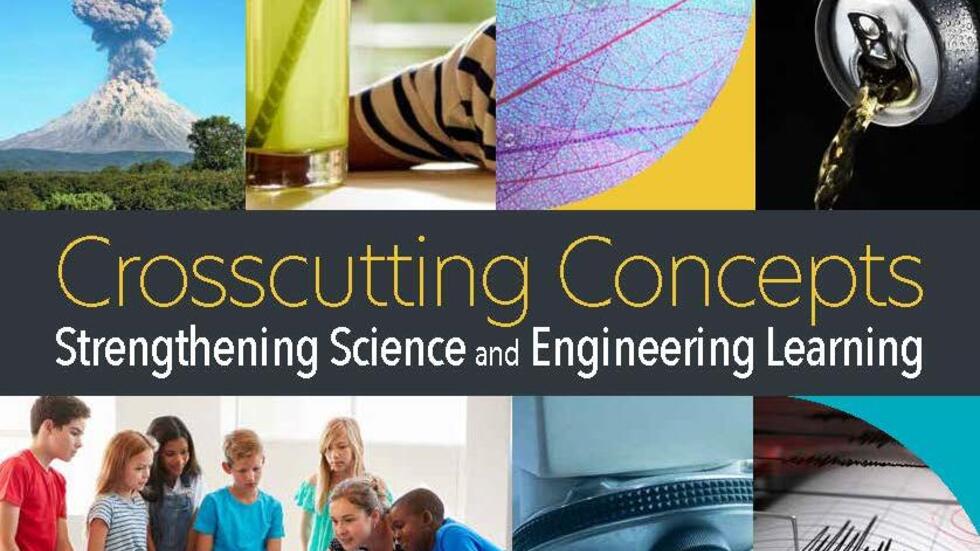About Us
We are a research group at the Harvard Graduate School of Education within Project Zero. We focus on topics at the intersection of cognition, learning, complexity, and sustainability. Much of our work has focused on how students learn to reason about causality complexity. We design curriculum, pedagogy, and reimagine schools towards supporting the next generation of learners in becoming climate knowledgeable citizens who think sustainably and engage in actions for the planet. Some of the questions that we pursue include:
- How does human cognitive architecture influence how we reason about complexity in our world?
- How can we help people to understand the complex causal dynamics of Plant Earth?
- How can we educate learners to live sustainably and to engage in informed innovation and action to solve the climate challenges that face us?
Our work has deep implications for policy and practice. We collaborate with scientists, engineers, and teachers in our work to develop curriculum and pedagogical approaches towards better outcomes for the next generation.




